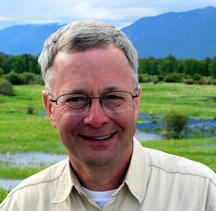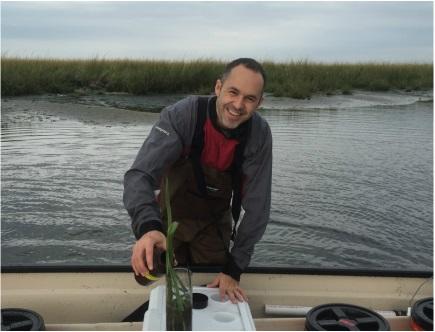Meet our 2023 UMSRS Invited Speakers

Şevin Yıldız is an assistant professor in the Urban Planning and Policy Department at the University of Illinois, Chicago where she researches ecological planning and urban design in the context of climate change and global urbanization. She recently completed her book manuscript on the investigation of planning field’s changing conceptualizations of fringe ecologies in metro regions, particularly in the New Jersey Meadowlands in New York metro region. Her publications explore how ecological design and planning ideas conceptualize and negotiate values and norms in metropolitan regions that have expanded onto their fringe ecosystems. Her latest comparative piece looks at the long-range planning of the transitory ecosystems, namely ecotones, in Mumbai, Amsterdam, Tokyo, and New York. She has been leading a Chicago River ecological design studio, working on issues of climate adaptability, rights of nature and infrastructure retrofitting. She also serves on the Chicago Department of Planning’s River Ecology Task Force since 2020 where her advocacy is on river systems planning in urban areas.

Thomas Biebighauser - Wildlife Biologist and Wetland Biologist Wetland Restoration and Training LLC Morehead. Tom worked as a Wildlife Biologist for the U.S. Forest Service for 34-years, helping personnel from federal, state, and county agencies initiate wetland and stream restoration programs across the United States. He took the lead in completing hundreds of partnership projects for building emergent, ephemeral, forested, and wet-meadow wetlands on public lands during his career with the Forest Service. Tom teaches that when restoring a wetland, it is necessary to identify and disable historic drainage practices to be successful on the site. He became an expert at identifying actions taken to destroy wetlands including the use of ditches, channeling of streams, filling, and installation of buried drainage structures made from wood, rock, clay, concrete, and plastic. Tom methodically researched the literature from the 1600’s to learn how wetlands were changed into farmland, and development. He has interviewed hundreds of seniors who spent their lives draining wetlands and moving streams, documenting their practices so others can be successful in wetland and stream restoration.

Timothy Hoellein is an Associate Professor in the Department of Biology at Loyola University in Chicago. His research is focused on ecosystem processes and biogeochemistry as well as movement and biological transformation of elements, energy, and pollution in aquatic ecosystems. He has authored and co-authored over 50 articles in numerous publications.